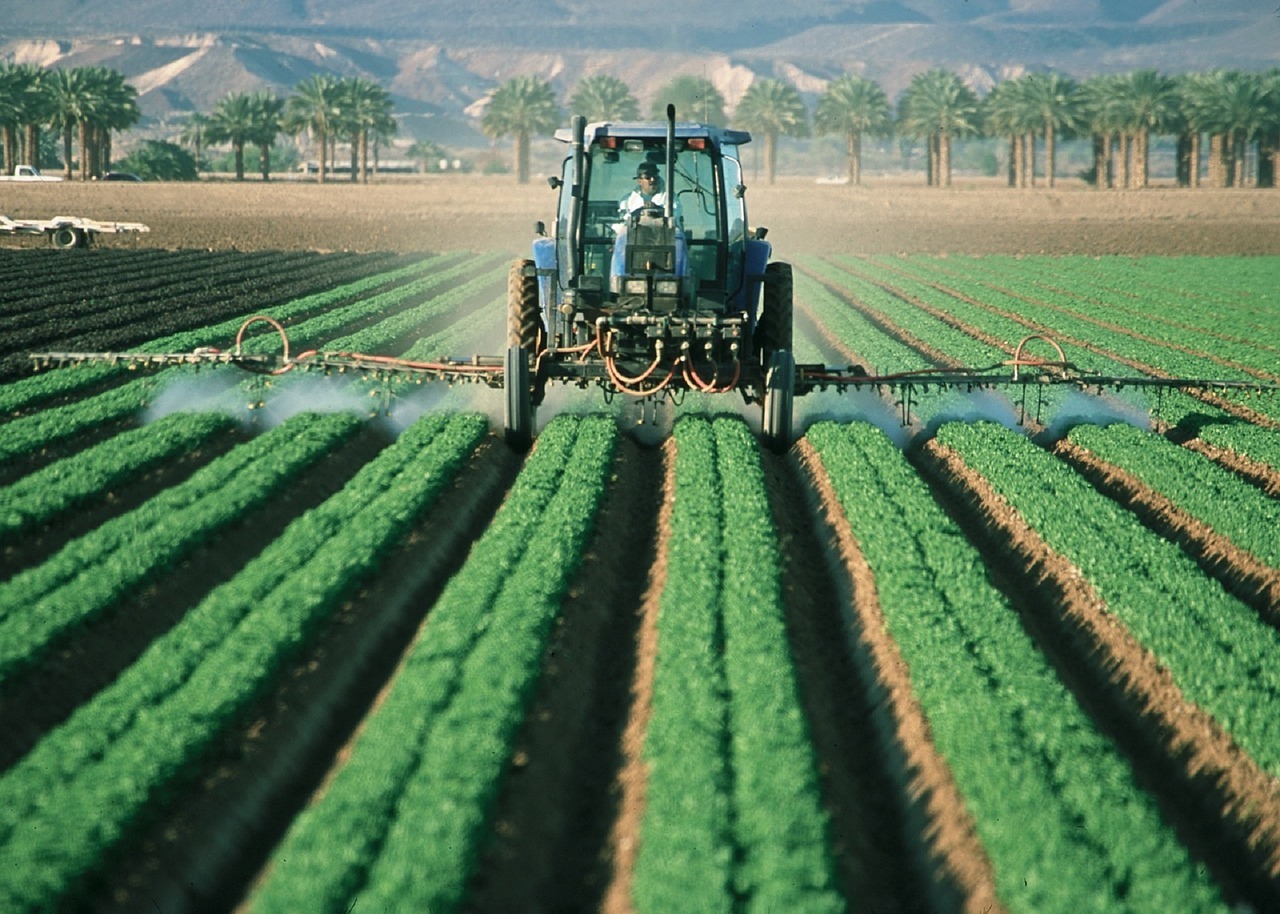Agricultural Challenges and Industry Headaches
At an industry level, agricultural practices are ever-evolving, and due to the growing pains associated with cultivating food on a mass-scale, there have been many hard lessons learned. The current issue that we face is the widespread use of pesticides on our nation’s crops. Although there are many short-term benefits to using pesticides, the reality is that continued use is not sustainable in the long run. We know farmers care about their families. If we wish to leave future generations with a productive land mass from which they can grow their food, we need to start relying less upon pesticides and delve deeper into available alternatives like biological agriculture.

In modern history, our nation has experienced difficulties when it came to agriculture. The Dust Bowl, credited with displacing tens of thousands of Americans in the Southwest, was caused by poor farming practices of the day. Farmers plowed the nutrient-rich Great Plains relentlessly, replacing the native grasses with wheat. As a result, there was no longer a reliable root structure to hold the soil in place. The longest drought on record at the time hit the American Plains, and accompanying it were prevailing winds that stripped the topsoil. After this historical blunder, farming practices evolved to retain native plants and keep topsoil layers in-tact, but the practices that followed were just as destructive, if not more.
The agricultural practices common in the mid-twentieth century involved research and development to bolster the food supply to match a growing worldwide population. Known as the Green Revolution, this new era of farming was characterized by widespread use of high-yielding crop varieties, chemical fertilizers, herbicides, and pesticides. While these applications did satisfy the appetite of food production, there are sobering realities surfacing about the long-term implications.

One of the most prevalent consequences of the Green Revolution is its adverse effects on crop biodiversity. There is little disagreement on this matter, as there were only a handful of high-yield crops being produced at the height of the movement. Lack of diversity among crop species makes them more susceptible to pathogens uncontrollable by humans. In plain English, if circumstances allow a pathogen to decimate one of these crops, that leaves a significant portion of the industry left biologically unproductive. In addition, resistance to pesticides has increased among pests. Although the industry as a whole is applying more pesticides to crops than ever, fewer pests are dying. These are telling trends pointing to the fact that the agricultural practices associated with the Green Revolution are not sustainable.
The outlook is grim for future generations, but that’s only if we continue on our current path of short-term benefit, long-term consequence methodology. Industry leaders like Pro-Soil Ag Solutions are paving the way for further research and development related to biological agriculture and biological farming practices.
Our testimonials lean towards the conclusion that biological applications of Pro-Soil Ag Solution’s biological farming products are beneficial in the short-term and do not inhibit the environment in the long-term. Although we do not have all the answers for the industry issues currently faced, we believe our biological products are a small piece in the puzzle of future farming.
Contact Pro-Soil Ag Solutions today to see how our products and services can help your current soil management, crop yields, and more.
